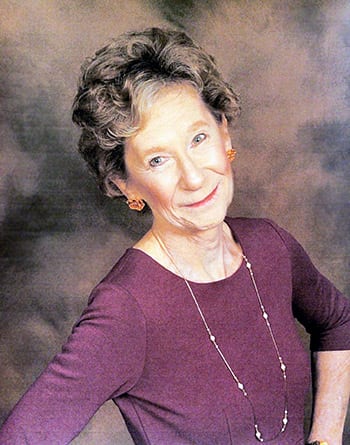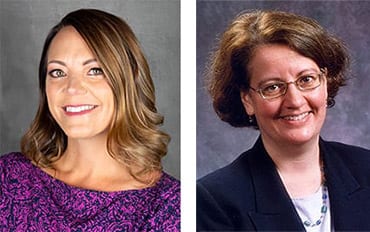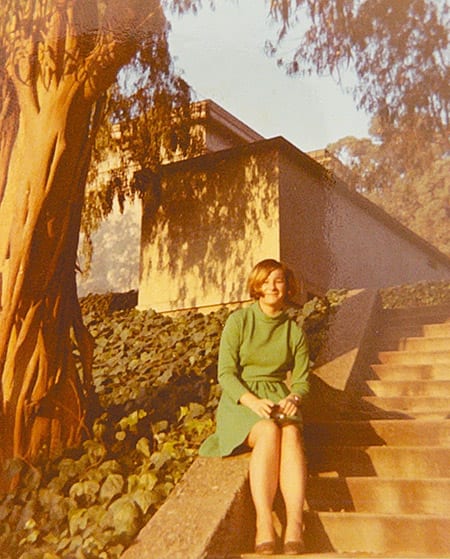By Andrew Cohen

A two-prong generous gift from Frances Coles will help Berkeley Law’s Center for the Study of Law & Society expand its already sizable impact and influence.
A global hub for scholars in the multidisciplinary field, CSLS has been hailed by former Law and Society Association president Howard Erlanger as “without a doubt the premier law and society research center in the world.” Another former president (Lawrence Friedman) called it “a magnet for scholars all over the world whose international influence is incalculable.”
“Dr. Coles’ gift to establish an initial endowment enables CSLS to plan its long-term future, including growing the endowment to expand programming,” says Pamela Erickson, the center’s executive director. “In addition, her five-year fellowship and research gift allows us to provide direct support to graduate students through substantial fellowship support and small research grants.”
A 1974 graduate of UC Berkeley’s former criminology program, Coles also briefly served as assistant dean for admissions and financial aid at Berkeley Law. She later spent 28 years as a professor at Cal State-San Bernardino, where she was the first chair of its criminal justice department. She currently serves on the Juvenile Justice and Delinquency Prevention Commission in San Bernardino.
“I received my education without amassing large debts, as was the case with my husband,” Coles says. “This gift, on my part, is paying it forward so that students can complete their studies without having so many financial concerns.”
CSLS Faculty Director and Berkeley Law Professor Catherine Albiston ’93, Ph.D. (JSP) 2001, calls Coles “a classic Berkeley story” and says “her generous investment in CSLS will have long-lasting ripple effects, benefiting future law and society scholars for years to come.”
Pioneering programs and scholars
The first center of its kind when it launched in 1961, CSLS has provided small research grants and modest financial support to graduate students over its history. It also played a pivotal role in establishing Berkeley Law’s Jurisprudence and Social Policy Program — the nation’s first law school Ph.D. degree program — in 1978.

CSLS supports theoretically-based, empirical research on critical social issues at the intersection of law and society in contemporary and historical contexts. In doing so, the center challenges conventional legal and policy wisdom and seeks to reframe legal decision-making and discourse.
It has emerged as a global hub for graduate students from across UC Berkeley departments and for scholars from around the world working on criminal justice and law and society issues. More than 300 visiting scholars have come to CSLS to collaborate with its faculty affiliates, creating a rich intellectual environment for graduate students and faculty members studying law and society.
“The center’s approach is vitally important for students to be able to examine and critically think about material from all relevant disciplines,” Coles says. “The interaction between law and society is increasingly complex and cannot be discussed in the context of only one discipline.”

During and after her time as a graduate student, Coles collaborated with various CSLS scholars. She recalls indispensable mentoring from several Berkeley Law faculty members — including iconic professor Herma Hill Kay, one of the nation’s first female law professors.
“She had an enormous influence on my career,” Coles says. “She served on my doctoral dissertation committee. The topic was ‘Definitions of Success Held by Women Trial Lawyers,’ which was a new area of study at the time. Professor Kay was a pioneer, and I’m so fortunate to have been in the right place at the right time to benefit from her expertise, support, and friendship.”
A native of Scotland, Coles’ interest in criminology blossomed after a guest lecturer from the United States spoke to her Criminal Law class at the University of Edinburgh.
“I was fascinated by the questions of who commits crime, and why,” she recalls. “That seems so simplistic now. But I discovered that when you ask that one question, the rest of the world is attached.”